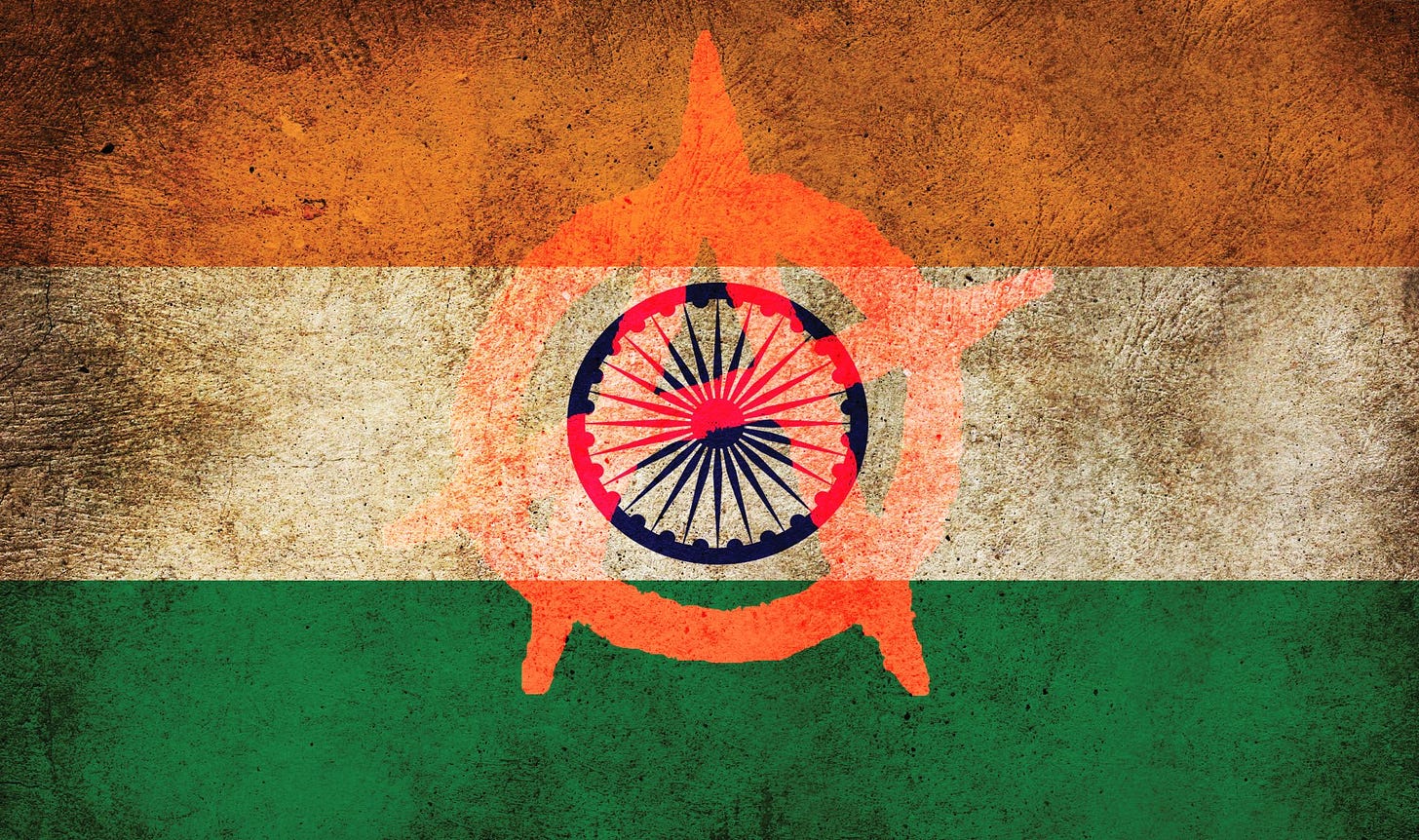The Anarchist Undercurrent in the Political Struggles of India
Words by Osaid ul Hasan Syed
Welcome to the Brown History Newsletter. If you’re enjoying this labour of love, please do consider becoming a paid subscriber. Your contribution would help pay the writers and illustrators and support this weekly publication. If you like to submit a writing piece, please send me a pitch by email at brownhistory1947@gmail.com. Check out our SHOP and our Podcast. You can also follow us on Instagram and Twitter.
The Anarchist Undercurrent in the Political Struggles of India
Anarchism is a widely engaging political philosophy and penetrates many fields. As a political ideology, it rejects the notion of the state, arguing that as an entity, the state upholds structures that perpetuate oppression and violence. Crucially, anarchism separates itself from Marxism by rejecting historical materialism. Instead of history following a natural, pre-determined process that not only situates humankind’s current position but will eventually lead to a communist space, anarchism posits that the oppressive modes and forces of institutions are responsible for the current situation, and therefore, must be fought. One of the foremost strategies for fighting is to dismantle top-down hierarchies and create bottom-up ones that enable the transparent flow of information and favor consensus decision-making, leading to autonomy.
While anarchism has mostly gained popularity and followers in the West, it has not been completely invisible in the East. India has had its own history of anarchism that precedes its emergence and widespread popularity in the late nineteenth and twentieth centuries. In this article, I move away from a Eurocentric lens and look at the development of anarchist thought in India.



